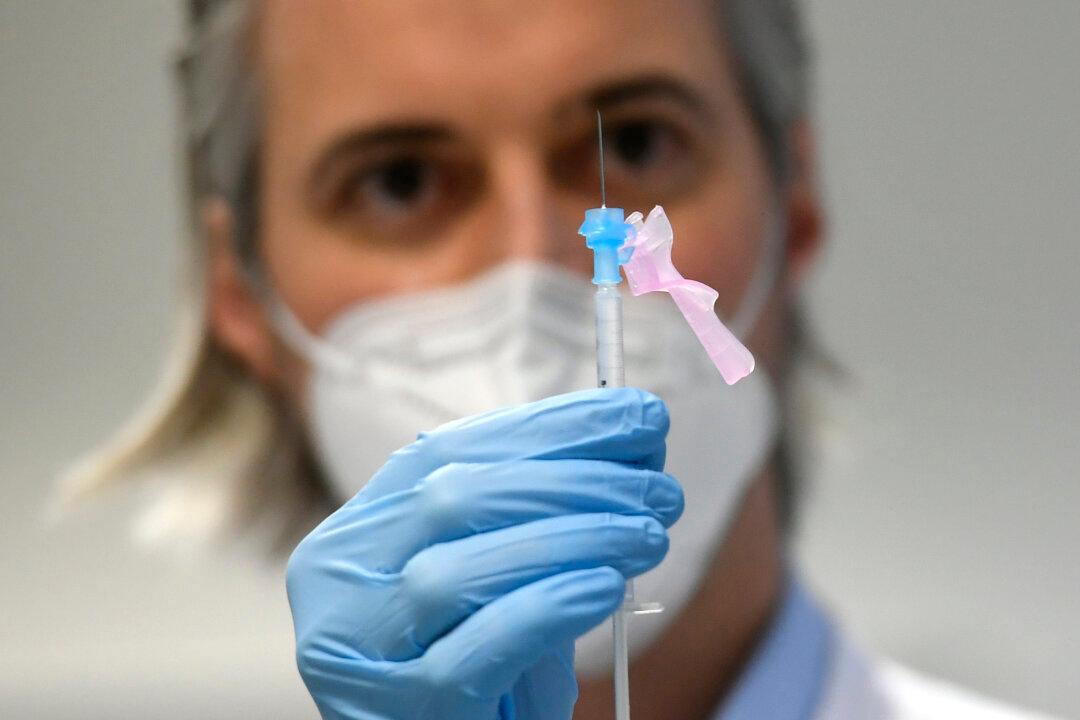Commentary
The Lancet—the world’s oldest medical journal—touts its mission as promoting “the best science for better lives.” Unfortunately, its current editors have steered the venerable publication into politically progressive ideological waters that have no relationship to “science.”





